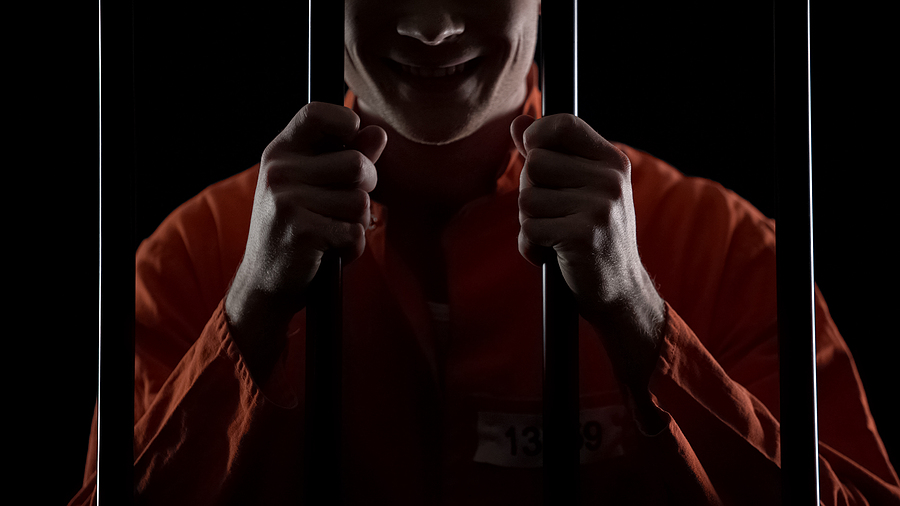When it comes to criminal defense, one of the most complicated and controversial strategies is the insanity defense. This legal strategy is designed to challenge an accused person’s responsibility for a crime based on their mental state at the time of committing the act. In Indiana, this plea can be used in court as part of a criminal defense but there are certain criteria that must be met in order for it to be successful.
In this blog post, we’ll take a look at how an insanity plea works in Indiana and what you need to know if you or someone you know is considering using this type of defense.

Using the Insanity Defense in Indiana
In criminal defense cases, the insanity plea is an important tool that can protect defendants when their mental health is in question. In Indiana, it must be proven beyond a reasonable doubt that the defendant was mentally ill at the time of committing the act for which they are accused in order for the insanity plea to be successful. It’s crucial to understand the criteria involved and seek qualified legal help if you or someone you know is considering making use of this type of defense. An experienced attorney can provide valuable insight into what evidence would need to be presented to the court in order for a plea of insanity to stand and work with you or your loved one throughout the process. With legal help, it’s possible to get the best outcome for your case when dealing with the complexities of an insanity plea in Indiana.
What You Need to Know About Insanity Pleas
The first thing to understand about the insanity defense in Indiana is that it is known as an “affirmative defense.” This means that it must be proven beyond a reasonable doubt that the defendant was insane at the time of committing the act for which they are being accused. The burden of proof rests firmly on the accused, and in order for them to succeed with this type of plea, they must prove that due to their mental health issues, they had a distorted understanding of reality or were unable to control their actions.
If you or someone you know is considering using an insanity plea in Indiana, there are some important criteria to consider:
– The accused must have been mentally ill at the time of committing the crime.
– They must be able to prove that the mental illness caused the criminal behavior.
– The accused must have been unaware of their actions or unable to control them at the time of committing the crime.
Speak to a Criminal Defense Lawyer
The insanity defense in Indiana is a complex one, and it’s important to seek legal guidance if you or someone you know may need to use this type of defense. A qualified and experienced Indianapolis criminal defense attorney can provide advice on whether an insanity plea could be successful and what evidence would be needed in order for it to stand up in court. Understanding how an insanity plea works and its various criteria can help those facing serious criminal charges determine their best possible options for achieving a favorable outcome.
Are you or a loved one facing serious criminal charges in Indiana? Contact Attorney David E. Lewis at 317-636-7514 to speak with a seasoned criminal defense lawyer in Indianapolis, Indiana. Our law firm will get you the best possible outcome to your criminal case!
Related Posts:
How Your Lawyer Might Defend Your DUI Charges
Frequently Asked Questions About No Contest Pleas
How the Appeal Filing Process Works in Indiana


